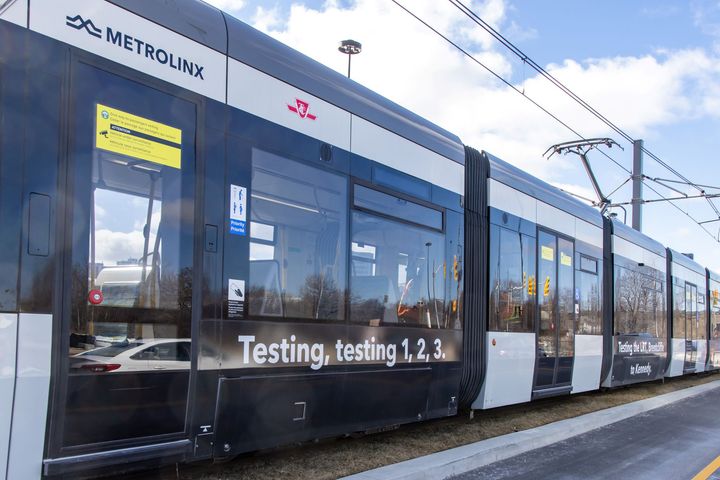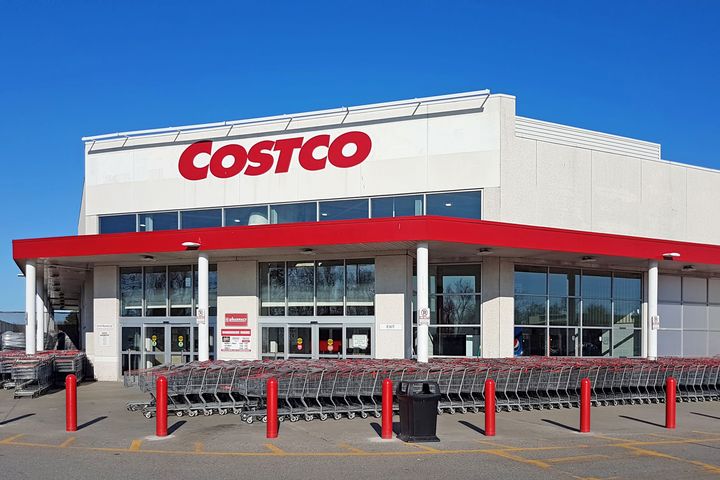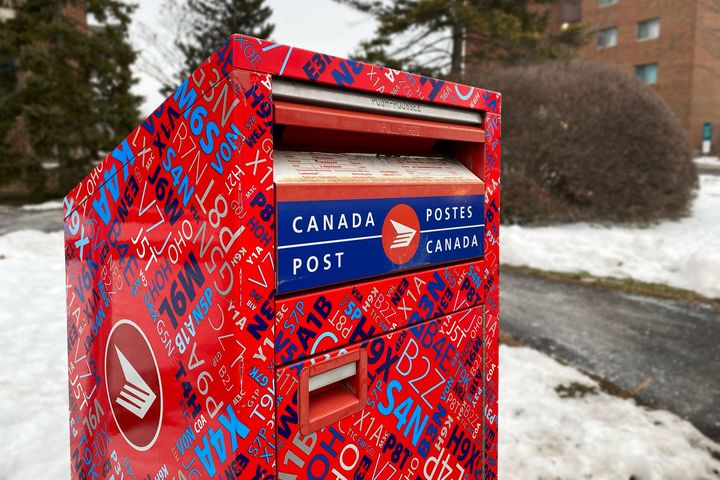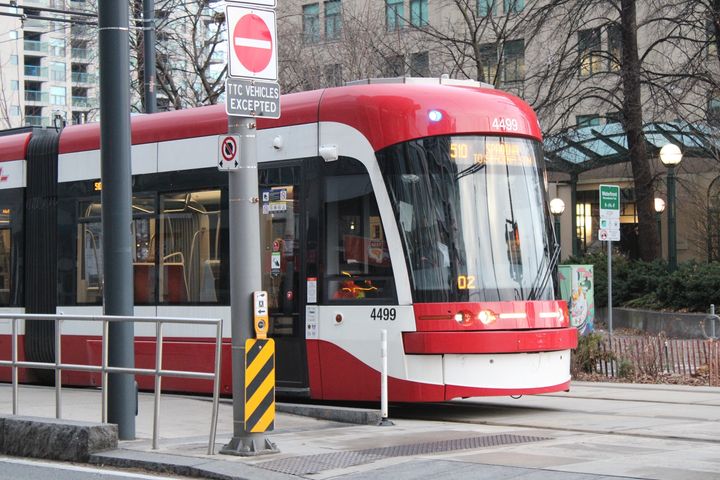Canadians to get GST cut on groceries and new $250 rebate ahead of holidays
Prime Minister Justin Trudeau has introduced a two-month GST relief on groceries and a new $250 rebate heading into the busy and costly holiday season.
Trudeau announced the tax break on Thursday in Sharon, Ontario alongside Deputy Prime Minister and Finance Minister Chrystia Freeland.
"As the holidays approach, families, especially parents are particularly worried. Canadians have been through a lot," said the Prime Minister.
"We've been able to get through the past couple of years, everyone had to tighten their belts a little bit, and now we're going to be able to give a tax break for all Canadians."
The temporary GST cut will apply to essential childcare products like diapers, clothing, toys, and car seats. It'll also cover beer, wine, cider and groceries, including pre-prepared hot meals, salads, chips and candy.
Canadians who prefer to eat out will also benefit from the measure, as GST cuts will also apply to restaurant meals and takeout.
The relief will start on December 14 and end on February 15.
"Canadians are going to get a real break on everything they do," said Trudeau.
The Prime Minister also revealed the new Working Canadians Rebate. Canadians who worked in 2023 and earned up to $150,000 will be sent a $250 cheque in April.
"Our government can't set prices at checkout, but we can put more money in people's pockets," he added.
This announcement comes a week after the NDP vowed to eliminate the GST from everyday costs like heating, cell phone bills, internet, groceries and children's needs. The Liberal government's tax break does not apply to monthly bills.
On Wednesday, NDP Leader Jagmeet Singh issued a statement saying the Liberal government's decision to pause the GST is in response to their demands.
"The NDP is delivering a winter tax holiday to Canadians. The prime minister's office just informed us that he's caving to our Tax-Free-Essentials campaign — partly," said Singh.
He added that the policy is "far from the substantial and permanent relief" the party is pushing for.
"As usual, the Liberals are letting people down with their choice to make this a short-term tax holiday, on only some items," stated Singh.
Despite this, the NDP has pledged to vote for the GST break "because working people are desperate for relief, and we're proud we delivered for them again."
Singh said the party would continue to campaign hard to permanently scrap the tax on daily essentials and monthly bills.
The cost-of-living crisis has Canadians grappling with unaffordable housing and high food costs, so much so that one international student has resorted to living in his car instead of renting an apartment.
Many Canadians are also skipping meals or cutting back on groceries because they can't afford food.
Andrzej Rostek/Shutterstock
Latest Videos
Latest Videos
Join the conversation Load comments







